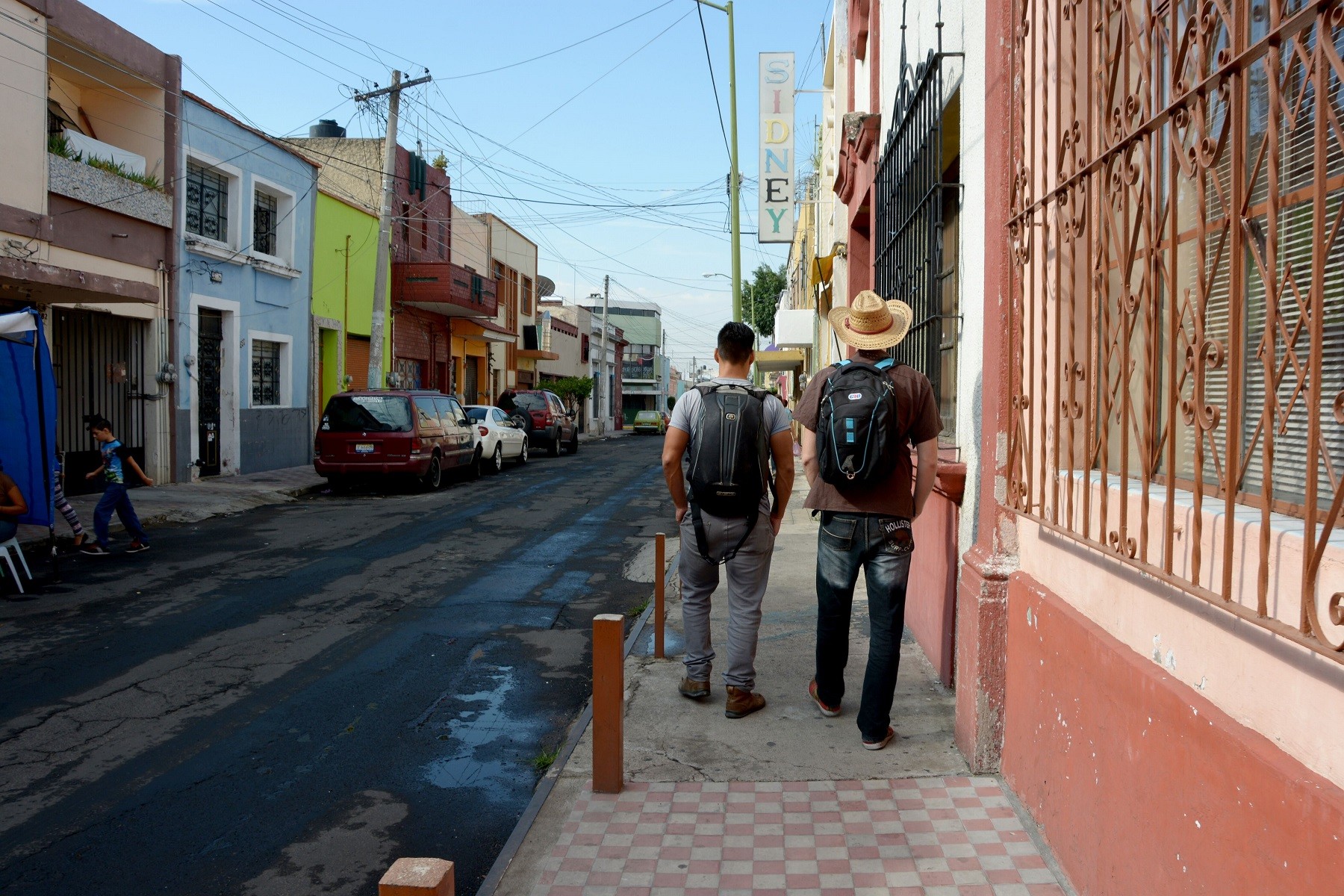The Episode:
To download the audio, right click and press “save as”.
Remember to subscribe on iTunes or subscribe on Pocket Casts.
If you enjoyed the episode, don’t keep it a secret! Feel free to share it on Twitter, Tumblr, Facebook, Reddit, or your office bathroom wall.
The Cash:
We really appreciate all of your contributions! Every cent and satoshi we receive lets us know that we’re doing something worthwhile, that you are entertained by our program, and that you’re starting to question what you know more and more. Please be generous. Donate by BitCoin: 182CzJUbz8xb1JZjuVm2S4YUBfd3xk2XfM
Or donate your Altcoins using Shapeshift:
Or give us a small amount of money every month using PayPal:
The Story:
The date is the 30th of December, 2007. The place is State House Nairobi, Kenya. Incumbent President Mwai Kibaki is being sworn in again, after his re-election, and after a hurried recount. Kibaki gave his speech, calling for healing and reconciliation after this unexpected election result. There was one key problem for Kibaki: the elections had been a fraud, and everyone knew it. Nobody really knows exactly how the violence started, but the riots that followed were a cry from a people who had been defrauded one too many times.
A handful of bloggers and software developers, all current or previous residents of Kenya, were coding desperately, working on a brilliant idea to allow order to arise out of chaos. They were creating a program which would become known as “Ushahidi” – the word for “Testimony” in Swahili. Ushahidi is a system that enables anyone in the area to email or text and make a report, whether it be a report of violence, a riot, or note that a medical team is available. Previously this type of system would only be at the disposal of large news services with thousands of dollars to spend on software. Now it is free, and it has been used to track many disasters and large events since. By releasing it, the Ushahidi team had created a new type of sharing economy – a sharing economy of information, activist mapping.
These days, new websites and apps enabling sharing of resources are popping up every month. Of course the most famous is Uber, but then there is also Lyft for carpooling; Getaround and Relayride for renting cars; Blablacar for organising roadtrips; Couchsurfing and Airbnb for sharing your spare room; Liquid for sharing your pushbike; Neighborgoods for sharing your lawnmower or other household device, and even Poshmark for sharing your wardrobe. Entrepreneurs are concentrating their mental energies to think what other devices or possessions could be shared, to create a mutually beneficial relationship: those with goods lying dormant get money from renting them, the renter gets a device at a good price in a convenient location, and the site gets a slice of the action too.
What else will we see people share in the coming years? Home gym? Bedroom banger home studios? Food that they were about to throw out? Their partners? Who in the name of Odin’s beard even knows! We ask these questions and more in this exciting chapter of … The Paradise Paradox!
The Links:
Demolition Man (Amazon affiliate link)
Ushahidi
2007 Kenyan Crisis on Wikipedia
Jeffrey Tucker – The Revolutionary Implications of P2P Technology
How the sharing economy helped me claw out of massive debt
Taxi Drivers Upset Their Medallions Losing Value, Governments Not Doing Enough to Protect Their Monopolies
Philadelphia Experiment timetraveller interview
Time Traveler Who Spent 2 Years in The Future 2749 – 2751 The Montauk and Philadelphia Experiments
Uber
Lyft
Blablacar for sharing roadtrips
Fon for sharing Wifi
Lending Club peer-to-peer finance
Bitbond peer-to-peer finance using Bitcoin
Louisiana Bucket Brigade
Smartraveler on Mexico
Airbnb And The Unstoppable Rise Of The Share Economy
Cover image used and modified under Creative Commons. Original Image.

